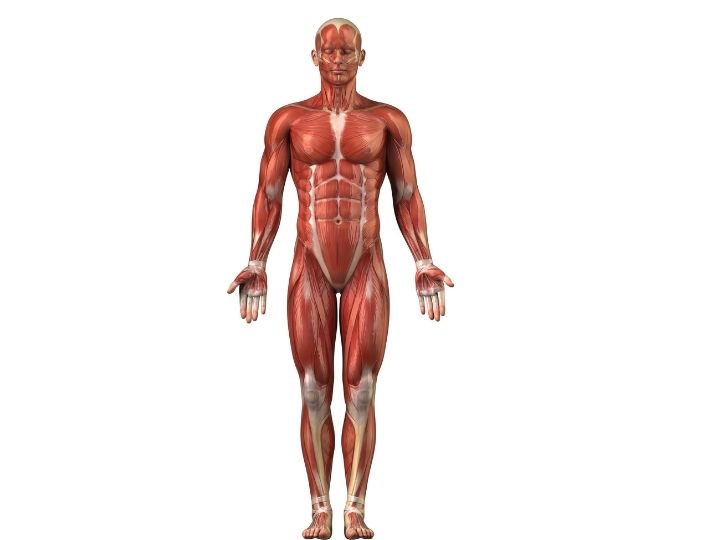


A researcher at the University of Houston College of Pharmacy has identified the proteins necessary for efficient regeneration of skeletal muscles after acute injury and in Duchenne Muscular Dystrophy (DMD). Ashok Kumar, Else and Philip Hargrove Endowed Professor of Pharmacological and Pharmaceutical Sciences, is reporting his findings in eLife.
Skeletal muscles, which connect your bones and allow you to move, contain 50-75% of all the body's proteins. Not only are they the most abundant and dynamic tissue of the human body essential for posture, locomotion and breathing, but they also control the body’s entire metabolism.
So, when skeletal muscles get hurt or injured either through trauma or degenerative disease, it can become complicated.
"We identified that the IRE1 protein - localized on the membrane of endoplasmic reticulum (the organelle that is involved in the production, folding and quality control of proteins) and XBP1 protein are important for efficient regeneration of skeletal muscle after injury and in DMD,” reports Kumar. Anirban Roy, research assistant professor of pharmacology, is the paper’s first author.
Understanding the mechanisms of skeletal muscle regeneration is essential for the development of new therapeutics aimed at treating various genetic and acquired degenerative muscle disorders.
“We found that skeletal muscle repair was considerably diminished in models in which IRE1 or XBP1 protein was specifically removed from skeletal muscle. These proteins support skeletal muscle regeneration through enhancing the proliferation of resident muscle stem cells. Deletion of IRE1 in skeletal muscle reduces abundance of muscle stem cells and exaggerates muscular dystrophy phenotype,” said Kumar.
Ongoing studies in the Kumar laboratory are investigating whether recently developed highly specific pharmacological activators of IRE1 and XBP1 can improve skeletal muscle regeneration after acute injury and other muscle degenerative diseases.
“The research work has enormous scope for drug development for skeletal muscle diseases,” said Kumar.